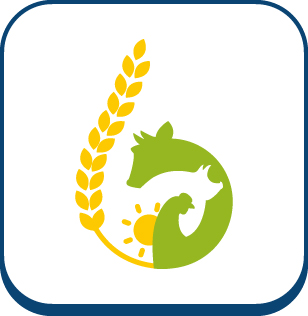In utero heat stress and post-natal feeding behaviour, growth and carcass performance in pigs
Fiche technique
Titre :
In utero heat stress and post-natal feeding behaviour, growth and carcass performance in pigs
Date sortie / parution :
2022
Référence :
73rd Annual Meeting of the European Federation of Animal Science (EAAP), Porto, Portugal, 5-9 septembre 2022
Auteurs
Autres documents
Individual trajectories of pig farming in France: mechanisms, determinants and prospects
Abstract. Carried out in 2021 and supported by the French pig interprofession Inaporc, this study described how the structural concentration of pig farms operates at the individual scale and explains…
Publié en 2022Perceptions of genome editing in farm animals by livestock stakeholders
Abstract. Since the development of the Crispr-Cas9 system, genome editing (GE) tools have gained a major place in biological research and the prospects for applications are numerous: in medicine for…
Publié en 2022Economic assessment of amino acid deficiency or feed restriction during the pig fattening period
Abstract. The profitability of pig farms is influenced greatly by feed efficiency and carcass grading. The aim of this study wasto assess the economic impact of two feeding strategies during…
Publié en 2022Genetic effect on the feed to muscle gain ratio of growing purebred pigs
The general aim of the national EFFISCAN project was to investigate the interest of using computed tomography to access new criteria related to body composition and feed efficiency. The specific…
Publié en 2022








